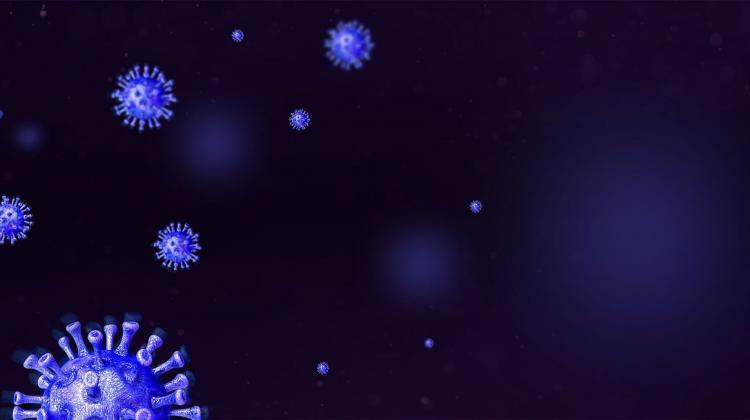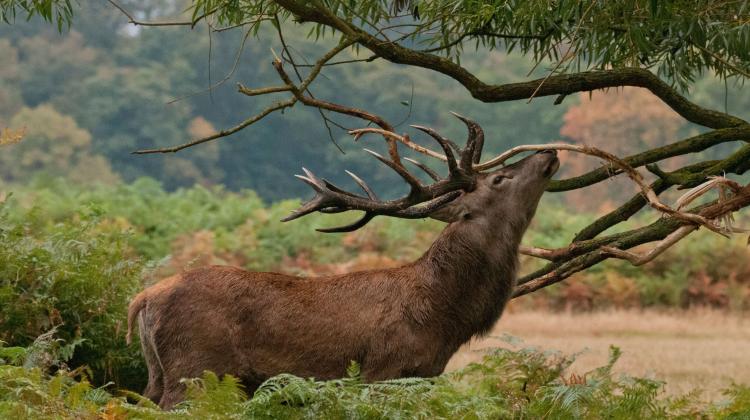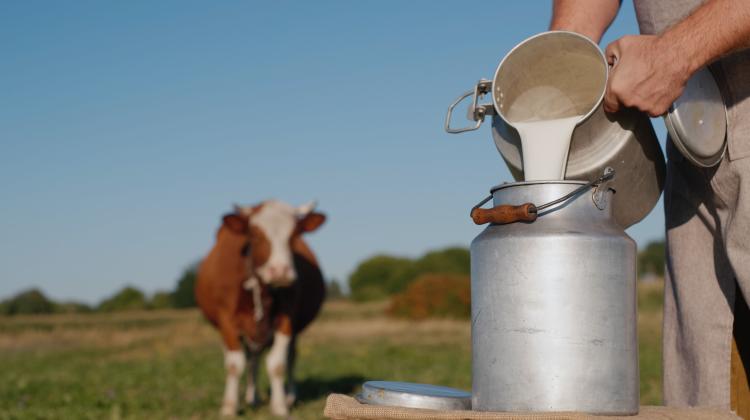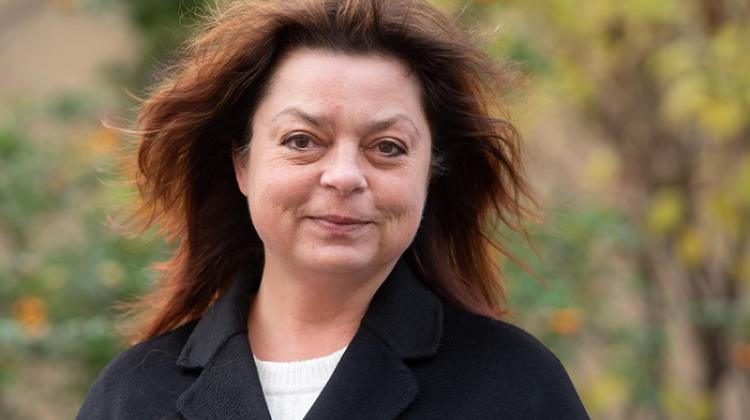Scientists find genetic mechanisms differentiating people's response to COVID-19
 AdobeStock
AdobeStock
Researchers have identified the main genetic factors that differentiate people's response to COVID-19, and how this can be used to treat the virus.
Publishing their results last week in the journal Nature, the international team working on a project called the COVID-19 Host Genomics Initiative, singled out three gene variants FOXP4, DPP9 and TYK2 affecting the reaction of the immune system in response to SARS-COV-2 infection.
They also identified such causal factors such as smoking and high body mass index.
Co-author of the research paper, Dr. Karolina Chwiałkowska from the Center for Bioinformatics and Data Analysis at the Medical University of Bialystok and biotech company IMAGENE.ME, said: “The results emphasize the importance of three mechanisms that differentiate people's response to COVID-19: effective paths of direct fighting against the virus, for example through the degradation of its genetic material, efficient functioning of the lungs and, most importantly, a sufficiently balanced and targeted response of the immune system.”
She added that thanks to this knowledge, and knowledge of disrupted biological processes and specific genes called molecular targets, it will be possible to direct even well-known medicines to new therapeutic paths in the treatment of the virus.
As risk factors are already being taken into account in advanced predictive models, taking into account anthropometric data, health and genetic factors helps to identify those at a high risk of severe COVID-19.
Chwiałkowska said: “This could have a positive impact on the way public health resources are managed, as the initial risk could be determined for each individual at the very beginning, and even long before they become ill.”
PAP - Science in Poland, Zbigniew Wojtasiński
zbw/ agt/ kap/
tr. RL
Przed dodaniem komentarza prosimy o zapoznanie z Regulaminem forum serwisu Nauka w Polsce.


















